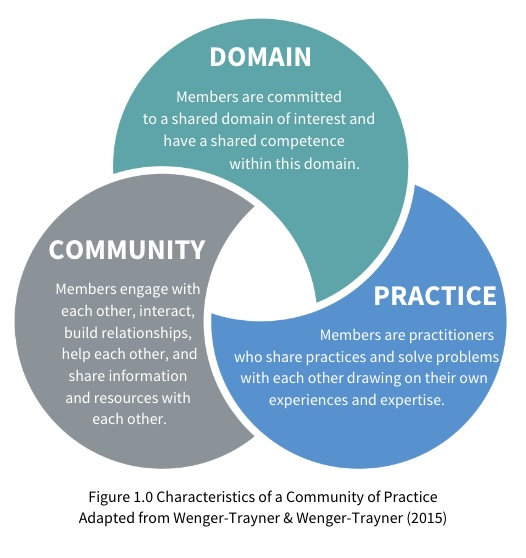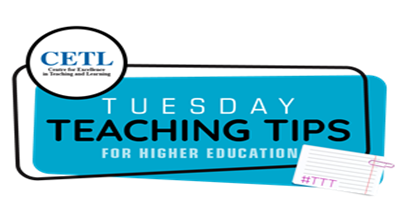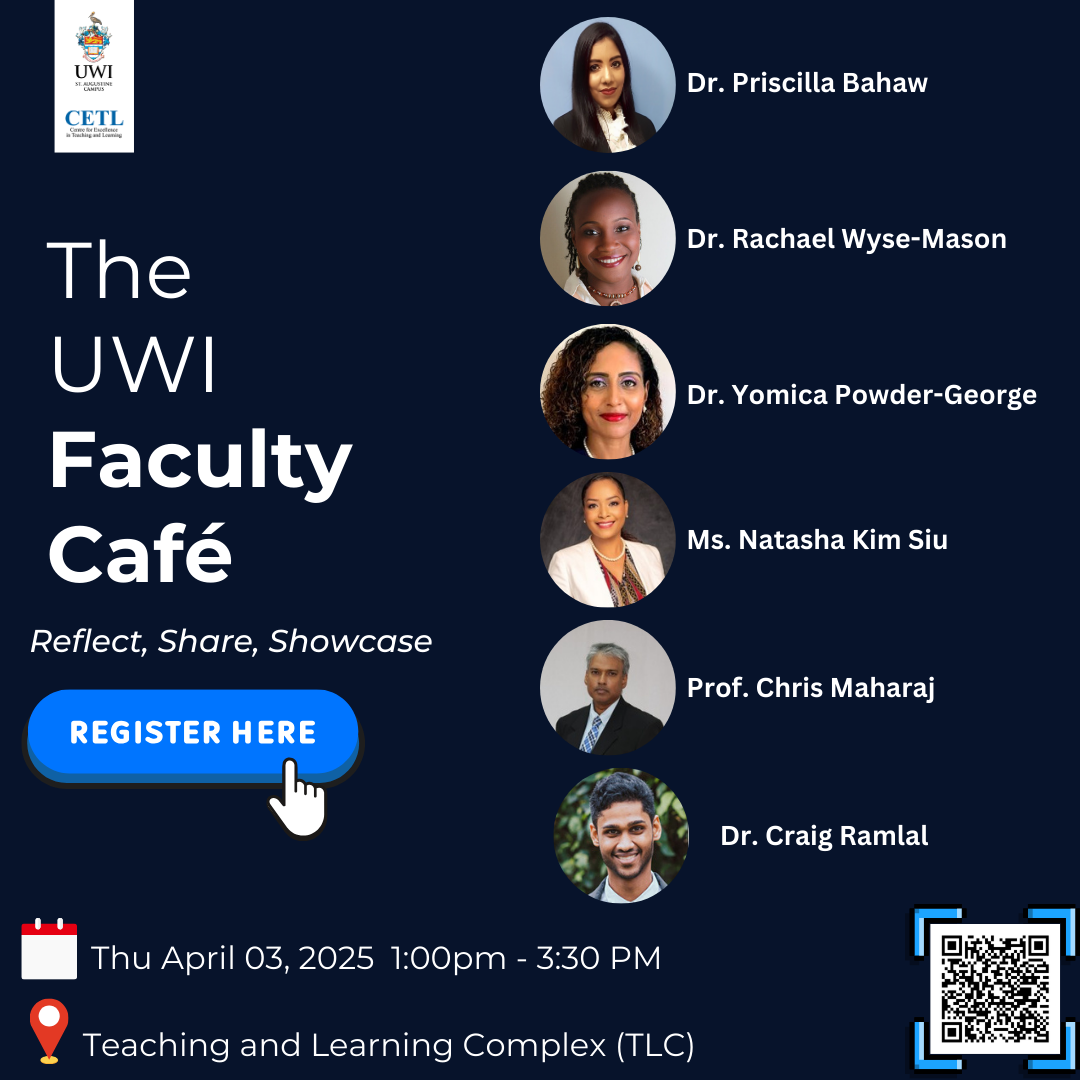Hello Everyone,
Hoping you’re not just surviving but thriving!
Teaching and learning can sometimes seem like a very daunting and lonely experience. This may perhaps seem more so when you are trying to make sense of it all, and find innovative ways to make your teaching more impactful in meeting students’ needs. But teaching and learning does not have to be such a stressful or unpleasant experience, not when you have so many other professionals who can perhaps relate to your experiences, anxieties and general goals in the field. As such, this week we’d like to explore the importance of a Community of Practice (COP)
A – What is A Community of Practice (COP)
A COP is a group of persons who share a common interest, profession (e.g. teaching), or passion (e.g. a hobby) and engage in collective learning to improve their skills and knowledge in a particular domain, usually through regular communication or interaction. The purpose of a COP is to share best practices, create new knowledge, and advance a domain of professional practice. In so doing, a COP is primarily for developmental purposes. COPs can enhance individual skills, contribute to knowledge management, and promote innovation within a specific domain.

A COP comprises three primary elements:
A Domain – members are brought together by a learning need they share. This may include a need to engage online students more effectively, or to explore different methods of alternative assessments, or even collaborations on cross-faculty course/programme development.
Community – The collective need and learning becomes the glue that bonds the persons involved over time. The more frequent the communication/interaction among members of this community, the stronger it becomes, and the greater the improvement of their professionals in it. Examples of this may include conferences, attended by persons/professional in a group.
Practice – The collaborations that occur within the COP should produce innovations or even resources that improve practice e.g. a conference paper, an instructional video, a new course/programme curriculum etc.
B – Building a COP and the UWI’s Faculty Cafe
To build a thriving community of practitioners, focus on shared purpose, open communication, regular engagement, and a welcoming environment that fosters knowledge sharing and collaboration. The UWI’s Faculty Café provides a safe space for this to be initiated. Hosted by the CETL, this Face-to-Face (F2F) unconference takes place once every semester with the aim of fostering a teaching and learning community. It is a faculty-led event that focuses on allowing your peers/colleagues (faculty) to share and reflect on the various instructional tools, strategies and or approaches used in the physical and online classroom.
In 20 minutes or less, presenters (faculty) will share in a small 5–6-person group (table), how they use instructional tools, strategies and or approaches in their classroom. Attendees will be able to choose a presentation of interest and have the opportunity to join other presentations throughout the event. A rotation of the group (attendees) will take place after each presentation. Questions and networking will take place along the way, thus aiding substantively in the creation of a COP (or several COPs).
Why Attend?
✅ Discover tried-and-tested classroom strategies from your colleagues
✅ Engage in interactive discussions on instructional tools and techniques
✅ Network and collaborate with faculty from across UWI
✅ Experience a unique unconference format that promotes knowledge-sharing
Event Details:
• Date: April 3, 2025
• Time: 1:00 PM – 3:30 PM
• Location: Teaching and Learning Complex (TLC), UWI St. Augustine
Register Here
We hope the aforementioned resources are helpful.
Should you need any further assistance, or would like to let us know if these blog posts are helpful to in any way, please feel free to contact us.
Regards,
The Centre for Excellence in Teaching & Learning (CETL),
The University of the West Indies (UWI),
St. Augustine.
Previous TTT Posts you may also like:
-
MyeLearning Access and Support
-
Myelearning, Resources, Activities and Universal Design for Learning (UDL)
-
Universal Design for Learning (UDL) and H5P
-
Active Learning and MyeLearning Activities
-
SECTIONS for Technology Selection
-
Research and the Power of Artificial Intelligence (AI)h
-
Formative assessments and the MyeLearning GradeBook
-
Aligning Learning Outcomes with Assessments


